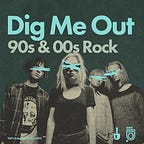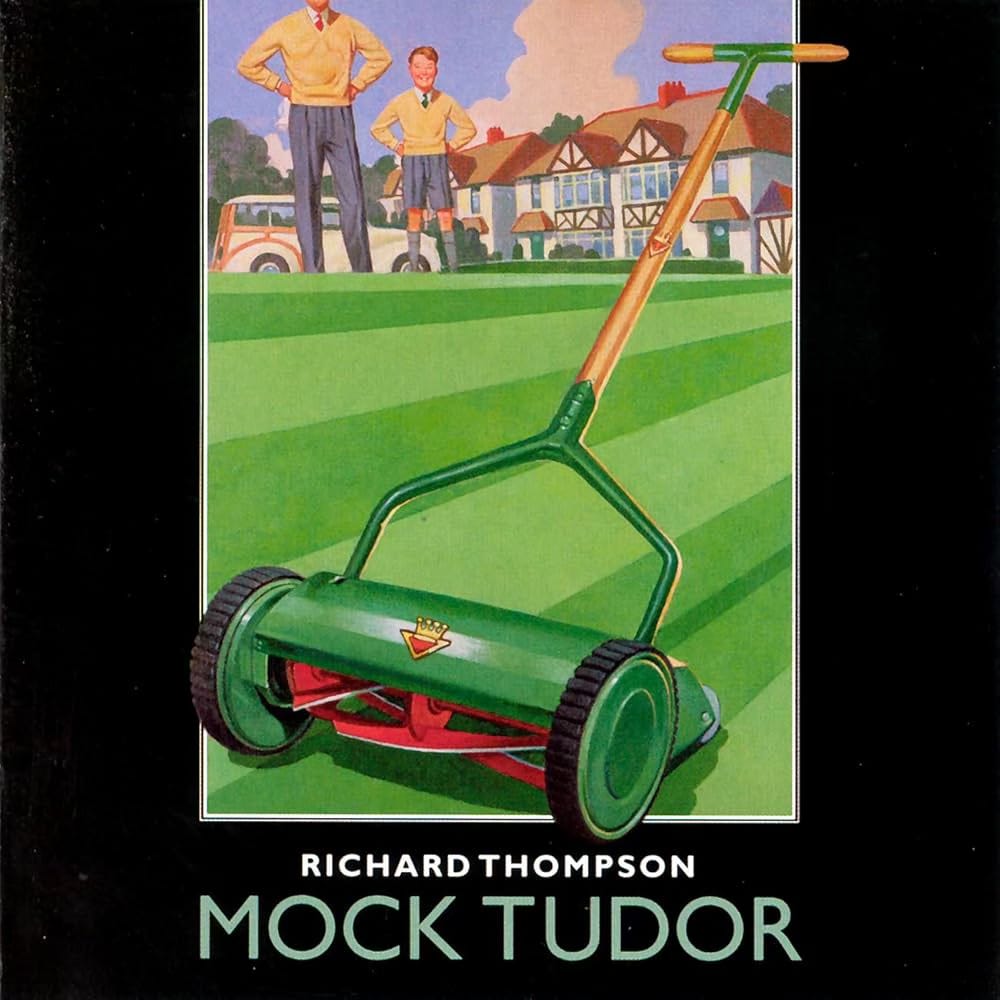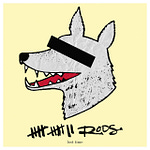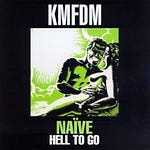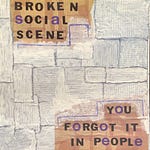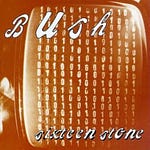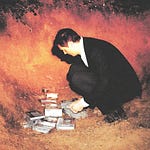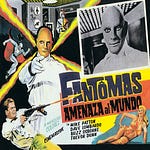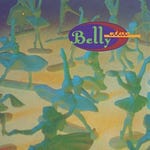In late ’99, when Napster was reshaping music discovery and everyone was Y2K paranoid, Mock Tudor arrived as Richard Thompson’s tenth solo studio LP and his final release on Capitol Records. After years of Mitchell Froom’s glossy production, Thompson enlisted Tom Rothrock and Rob Schnapf—the duo behind Beck’s Mellow Gold and Foo Fighters’ The Colour and the Shape—to strip away the studio sheen and capture his legendary live intensity. The result is a record that translates Thompson’s fabled six-string firepower into 12 tracks of suburban storytelling that feels both timeless and urgently contemporary.
A Voice Carved From Stone
Thompson’s baritone carries the kind of weight that makes every line feel etched in granite. Whether he’s channeling Eddie Vedder-grade aggression on “Hard on Me” or gliding through folk-blues phrasing with Elvis Costello-esque bite on “Crawl Back (Under My Stone),” his range is staggering. This isn’t just technical prowess—it’s emotional archaeology, digging into the suburban psyche with surgical precision.
One moment he’s crooning like a bruised torch-singer, the next he’s unleashing arena-rock menace that would make Pearl Jam’s frontman nod in respect. The continuum between these poles feels natural because Thompson’s phrasing—slightly behind the beat, consonants clipped like London cabbies—anchors every shift in emotional weather.
Three Acts of Suburban Mythology
The album unfolds as a triptych: Metroland (tracks 1-5) captures neon rush and street-corner tales; Heroes in the Suburbs (tracks 6-9) explores love letters and late-night walks; Street Cries & Stage Whispers (tracks 10-12) delivers dusk, denouement, and domestic ghosts. This isn’t prog bloat—it’s cinematic storytelling that uses fairy-tale fragments to illuminate the darkness lurking beneath manicured lawns.
Thompson scatters nursery-rhyme quotes throughout: Alice in Wonderland pills (“one pill to get bigger, one pill to get small”) in “Cooksferry Queen,” Goldilocks allusions (“Who’s been sleeping in my bed?”) in “Uninhabited Man”. The effect recasts suburbia as an enchanted forest where picket-fence neatness hides witches’ cottages and payday loans substitute for magic beans.
Guitar Heroics in Alternate Dimensions
Thompson’s right-hand attack—part Celtic jig, part James Burton chicken-picking—makes even mid-tempo ballads feel perilously kinetic. His alternate tunings (“Sights and Sounds of London Town” resembles Open G with dropped fifth string) drape chords in unresolved tension, while his solos dodge pentatonic cliché for modal stabs that hint at Middle Eastern scales. Few players swing so gracefully from acoustic pastorale to Marshall-stack carnage within a single measure.
The production by Rothrock & Schnapf aims for near-live immediacy. Where Mitchell Froom’s earlier knob-twiddling sometimes lathered Thompson in studio gloss, this approach shoves amps into the red without sacrificing word-clarity. Drummer Joey Waronker lays down roomy, human-sounding beats; bassist Danny Thompson (no relation) keeps harmonic ballast earthy. It’s the rare late-’90s rock record that still sounds warm rather than transistor-thin.
Hidden Darkness in Cheery Melodies
Beneath the suburban pleasantries lurk broken romances and existential vacancy. “Sights and Sounds of London Town” sounds cheery until you realize Thompson’s describing a pimp relationship: “Lucky that I needed a partner / 50-50 right down the line”. The narrator wants to be a rap DJ but gets turned away—even dreams have age limits in Thompson’s world.
These contradictions—upbeat melodies masking harsh realities—mirror the album’s central metaphor. The Mock Tudor architecture on the cover represents mass-produced suburban dreams: Tudor elegance stripped of its ornate soul, packaged for middle-class consumption.
Critical Praise, Cult Status
Rolling Stone praised Thompson’s “extraordinary originality” and called the record “spellbinding music for whoever cares to hear it”. The album quickly became a fan favorite yet barely grazed mainstream consciousness—a fate that has shadowed Thompson since his Fairport Convention days. Today it stands as a beacon for guitar heads and songcraft disciples, influencing everyone from jangle-indie revivalists to Americana shredders.
Not every listener embraces the album’s complete vision. The back half suffers from tempo drops that can feel like a slog after the energetic opening. While Thompson’s conceptual structure serves the suburban narrative—busy Metroland giving way to laid-back Heroes before concluding with whispered Street Cries—some argue the flow tests modern attention spans. The debate underscores Thompson’s knack for polarizing in the best possible way: no one walks away ambivalent.
A Record That Cuts Deep, Then Smiles Crooked
Mock Tudor remains one of those albums you loan to friends with the warning: “Give it two spins; the third will own you.” Its blend of guitar heroics, suburban storytelling, and baritone gravitas has aged like well-kept Scotch—spicy enough for first-shot fire, complex enough for late-night sipping. In an era of playlist culture and algorithmic discovery, Thompson’s suburban fever dream stands as proof that some stories still require the full album experience.
Ready to burrow further into track-by-track minutiae, studio lore, and Discord hot-takes? Queue up the latest Dig Me Out episode featuring DMO Union member Jeremy Amend alongside hosts Tim and J for the spirited roundtable that sparked this deep dive. Pop your earbuds in, mow the lawn like the cover art’s anonymous homeowner, and decide whether Mock Tudor still cuts as sharply as its blades.
Songs in this Episode
Intro - Sibella
9:42 - Hard On Me
11:44 - Bathsheba Smiles
22:24 - Dry My Tears and Move On
33:39 - Cooksferry Queen
Outro - Sights And Sounds of London Town


